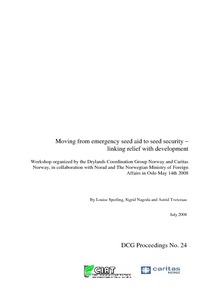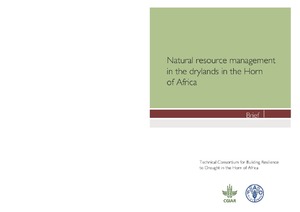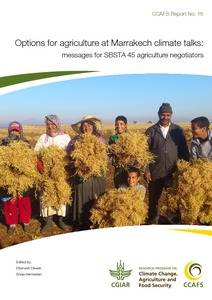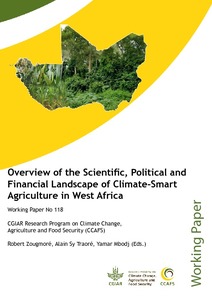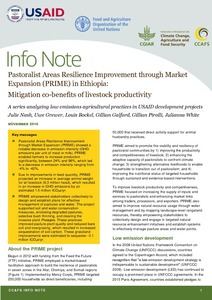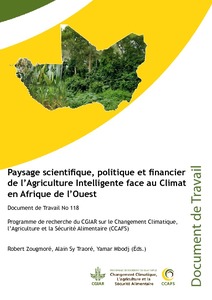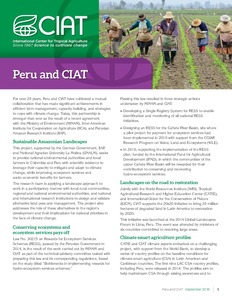Mud, muddle and models in the knowledge value chain to action on tropical peatland issues
Tropical peatlands are known not only for their high, area-based, carbon emissions in response to land-use change but also as hot spots of debate about associated data uncertainties. Perspectives are still evolving on factors underlying the variability and uncertainty. Debate includes the ways of reducing emissions through rewetting, reforestation and agroforestry.
Nutritious subsistence food systems
The major subsistence food systems of the world that feed resource?poor populations are identified and their capacity to supply essential nutrients in reasonable balance to the people dependent on them has been considered for some of these with a view to overcoming their nutrient limitations in sound agronomic and sustainable ways.
Participating in REDD+ Measurement, Reporting, and Verification (PMRV): Opportunities for Local People?
Assessing forest changes is the baseline requirement for successful forest management. Measurement, Reporting, and Verification (MRV) are three essential components for achieving such assessments. Community participation in resource monitoring and management is increasingly seen as a scientifically efficient, cost-effective, and equitable way to employ such practices, particularly in the context of REDD+. We developed a multidisciplinary approach to study the feasibility of Participatory MRV (PMRV) across three sites along a forest degradation gradient in Indonesia.
Options for agriculture at Marrakech climate talks: messages for SBSTA 45 agriculture negotiators
SBSTA 45 in Marrakech represents a unique opportunity for Parties to decide on the future of agriculture within the UNFCCC. The process of discussions on issues related to agriculture initiated at COP17 in Durban 2011 culminates at COP22 in Marrakech 2016. The explicit reference to food security in the preamble of the Paris Agreement and the Intended Nationally Determined Contributions which prioritize agriculture as a sector for adaptation and mitigation actions, provide a foundation for Parties to develop appropriate frameworks to support
Overview of the Scientific, Political and Financial Landscape of Climate-Smart Agriculture in West Africa
The agricultural sector plays a key role in the Economic Community of West African States (ECOWAS). As the backbone of the economy, it affects society at many levels since national economies and people’s jobs, incomes and food security depend upon it. Climate change and variability pose a major threat to farmers in the region, which is already experiencing rising temperatures, shifting precipitation patterns, and increasing extreme events.
Pastoralist Areas Resilience Improvement through Market Expansion (PRIME) in Ethiopia: Mitigation co-benefits of livestock productivity
Pastoralist Areas Resilience Improvement
through Market Expansion (PRIME) showed a
notable decrease in emission intensity (GHG
emissions per unit of meat or milk). PRIME
enabled farmers to increase production
significantly, between 24% and 96%, which led
to a decrease in emission intensity ranging from
-4% to -42%.
? Due to improvements in feed quantity, PRIME
projected an increase in average animal weight
for all livestock (8.3 million head), which resulted
in an increase in GHG emissions by an
Paysage scientifique, politique et financier de l’Agriculture Intelligente face au Climat en Afrique de l’Ouest
Le secteur agricole joue un rôle primordial au sein de la Communauté économique des États d’Afrique de l’Ouest (CEDEAO). En tant que pilier de l’économie, il touche à la vie de la société à plusieurs niveaux, dans la mesure où les économies nationales et les emplois, les revenus et la sécurité alimentaire des populations en dépendent.

